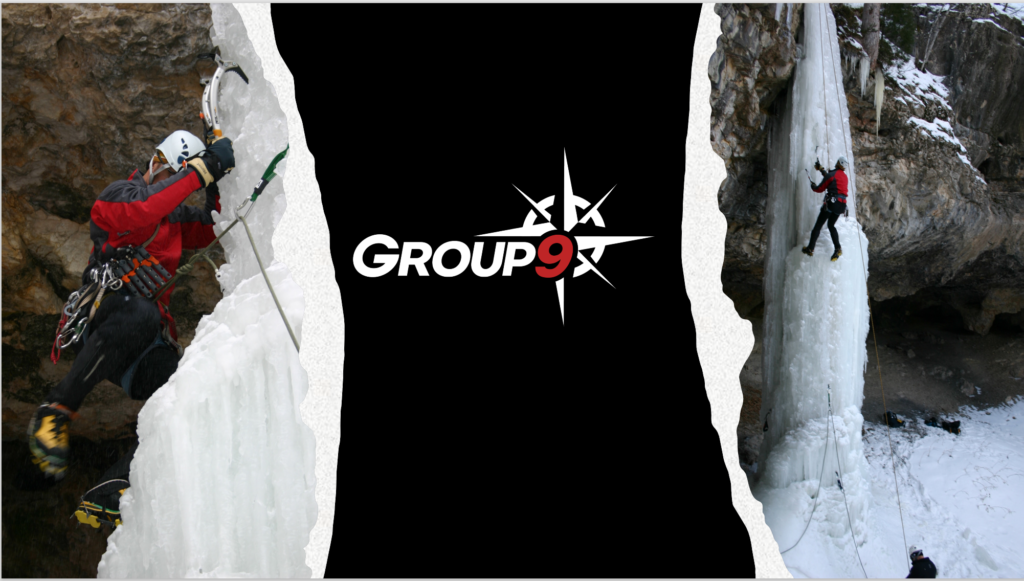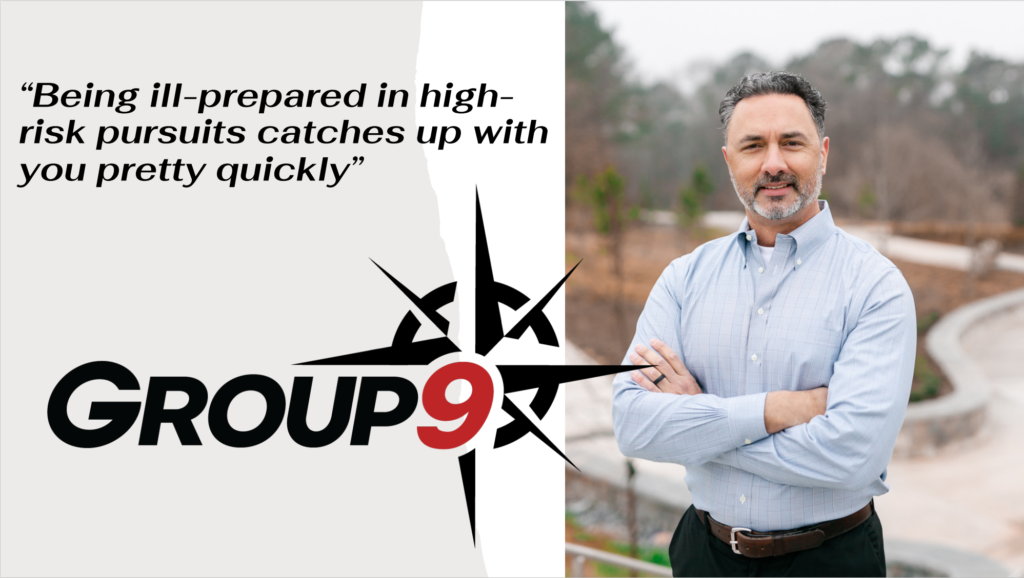Whether you’re a beginner or a seasoned pro, ice climbing is an incredibly dangerous sport. Every year, people die climbing walls of ice with razor sharp tools and many more are seriously injured.
The hazards include falling, being hit by falling ice, being buried alive in an avalanche, or impaled by your own ice axe. While the statistics may be discouraging, following basic #securityriskmanagement principles will greatly increase your odds of success.

Yes, this is me, not all that long ago. Rock climbing, ice climbing, and high-altitude mountaineering were a passion of mine for many years. And no, in all my years of climbing I never suffered an injury.
Just lucky? Doubtful. Being ill-prepared and making foolish decisions in high-risk pursuits catches up with you pretty quickly. What, you ask, is the single greatest variable between safety and serious injury or death? Several things, but first and foremost: receiving ongoing training from a certified professional.
I have always believed in this principle wholeheartedly. As such, as the stakes went up in my pursuit of adventure, so did my level of training. I was always learning. And not just from buddies or some random person at the gym, but from subject matter experts who were certified by the American Mountain Guides Association.
Did this cost money? Yes. Was it worth it, ABSOLUTELY! (see #3 where I never suffered an injury). When I studied accidents, many of them first-hand accounts, there was a common theme… Typically, the ill-fated climber had never received any professional training. More often than not, they learned from a buddy.

At Group Nine Risk Consulting we see security risk management in exactly the same way. When an organization decides to go it alone, and handle security without consulting a qualified professional, bad things can happen. It’s usually the attitude of “well, this is the way we’ve always done it” or “what could possibly go wrong?”
When an organization (school, business, what have you) employs the services of qualified security professionals with recognized credentials and (here’s the tricky part) they utilize an industry-accepted methodology, they massively reduce their risk.
The methodologies I am referring to are consensus-based and/or peer-reviewed. In other words, not just the way you used to do it when you were with x,y,z law enforcement agency… Is this more work, yes? Is it worth it, YES!
Why? First and foremost, consensus-based publications have gone through a rigorous review process and reflect the collective wisdom of multiple subject matter experts. Our expert witness work on security negligence and premises liability cases has taught us what stands up in court and what doesn’t in the aftermath of a tragedy.
Industry standards, such as the Physical Asset Protection Standard published by ASIS International and approved by ANSI are the most widely recognized and as such are a great place to start.




